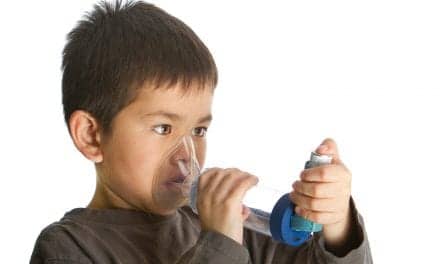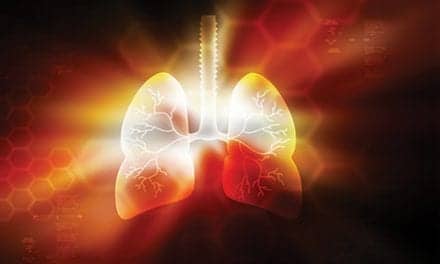The risk of asthma increased 17 times when children who had bronchiolitis in the first 2 years of life also had a common variation of the Plasminogen activator inhibitor-1 (PAI-1) gene in a study.
PAI-1 is an enzyme that increases production in the airways in response to viral illness, potentially causing damage. The study found that by itself the variant of PAI-1 gene that produces more of the enzyme was not associated with a higher asthma risk. The risk of asthma and worse lung function increased only with the combination of the genetic variant and a severe viral respiratory illness early in life.
“Our findings suggest that genetic influences on asthma might be more pronounced in the context of early life environmental exposures, especially viral respiratory infections,” says Rajesh Kumar, MD, senior author and allergist at Ann & Robert H. Lurie Children’s Hospital of Chicago, as well as Associate Professor of Pediatrics at Northwestern University Feinberg School of Medicine.
The study included 3,483 Latino children, 8-21 years of age, with and without asthma. The association of increased asthma risk in children with the genetic variant and early life lower respiratory tract infections was replicated in a smaller African-American population.









